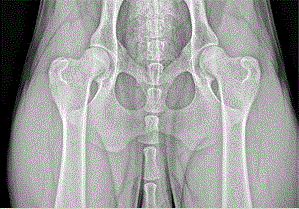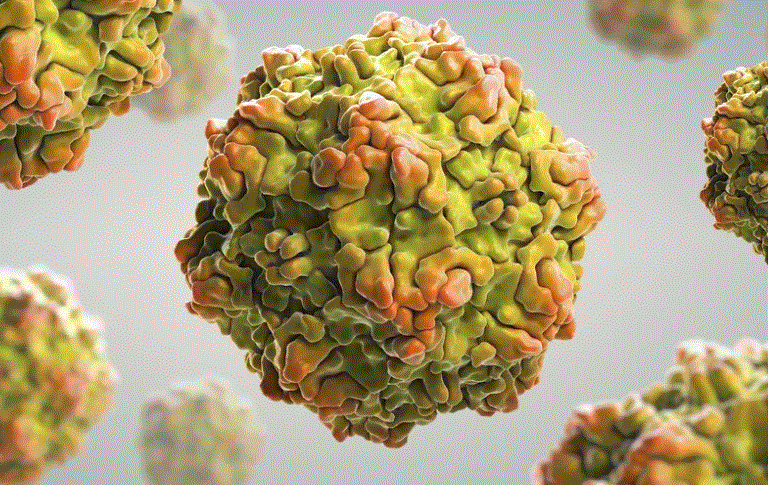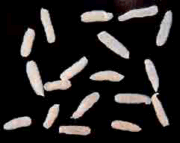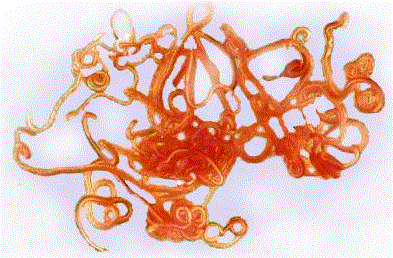
Labrador Retriever Kennel Club of South Africa
Since 1958
Affiliated to the Kennel Union of Southern Africa
Health
The average lifespan of a Labrador Retriever is ten to twelve years. Strong, smart, playful, and friendly, your loveable Labrador should be a happy, healthy dog. But like all breeds, they have some vulnerabilities. Labs are prone to certain genetic diseases, as are other breeds, and they might also suffer from some health problems because of their size, build or activities. Knowing the health risks that affect your Lab can make early detection and prevention easier. Similarly, maintaining appropriate vaccination protocols can help prevent disease. Click on the following links for more information.
Exercise & Puppies
Hip- & Elbow Dysplasia
Vaccination Guidelines
Dysplasia Grading
Hereditary Nasal Parakeratosis
Centronuclear Myopathy
Canine Verminosis
Spirocerca Lupi
KUSA Regulations:The Dilute Gene
Kindly take note: Views and opinions expressed in the articles are not necessarily those of the LRKC. Although the LRKC would like to share knowledge and play a part in the education of its members and the general public on the veterinary care of their dogs, the LRKC cannot be held responsible for any decisions made or actions taken on the basis of these articles.










